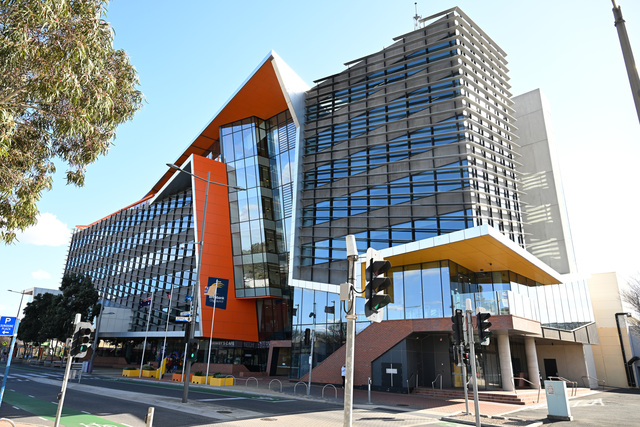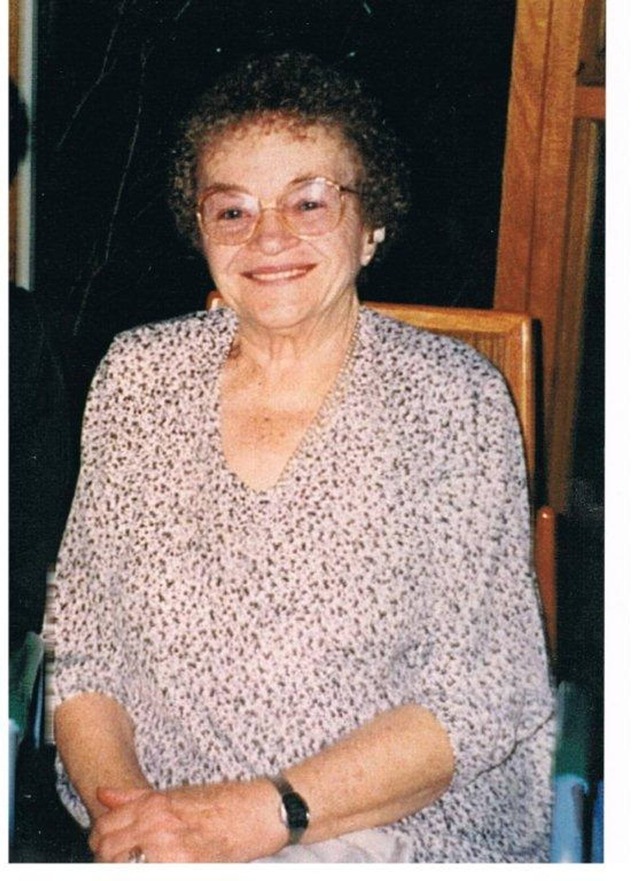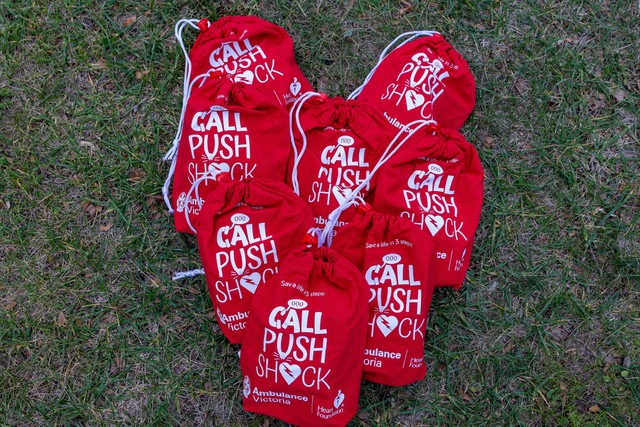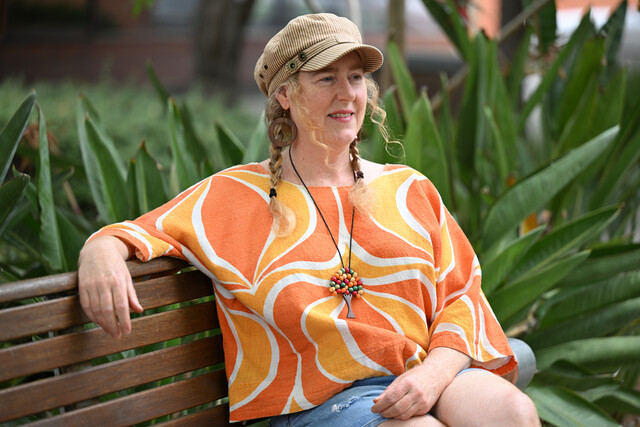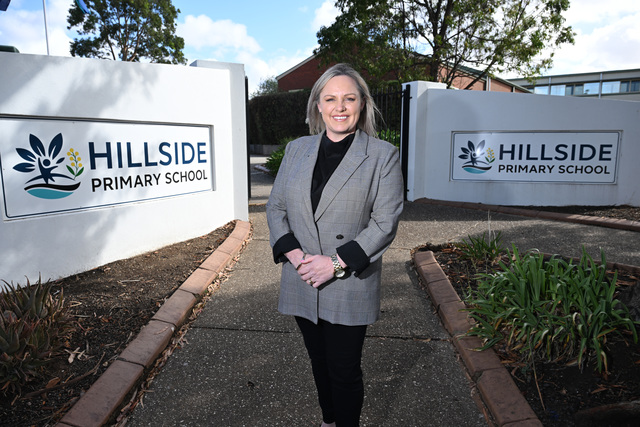Up to 20 per cent of under 16-year-olds in the west don’t go to school.
A report commissioned by advocacy group LeadWest has revealed students in the west have among the state’s worst levels of disengagement from education, with Brimbank, Wyndham and Melton the hardest- hit areas.
The Education and Engagement in Melbourne’s West report found that 2686 young people aged 10 to 14 were not in education at the time of the 2011 census, while 57 per cent of young people aged between 15 to 19 were not in any education, employment or training.
According to the report:
■ 19.7 per cent of 10-year-olds in Brimbank were not in school.
■ 22.7 per cent of 16-year-olds across Melton were early school leavers.
■ Young people’s social-economic and cultural inheritance has a significant influence on their educational achieve- ment.
Report author Dr Ruth Morton said the figures showed that, on average, 6 per cent of 10 to 14 year olds in the west do not go to school.
“They’re quite high numbers, and they’re much higher than as a society you would hope they would be,” Dr Morton said. “While we talk a lot about choice, things like transport and location can make it difficult for children to make those choices [to go to school].
“There are families who struggle to cover the booklist fees for school. Although the option of education may be there, they can’t necessarily access it.”
According to the Department of Education and Early Childhood Development, all Victorian students must complete year 10.
After year 10 and until the age of 17, students must be either in school or registered home schooling; in TAFE; completing an apprenticeship or traineeship; or in full-time paid employment.
LeadWest chief executive Craig Rowley said he was surprised by the level of disengagement.
“It raises all these questions for us: where are they? What are they doing? Why aren’t they in school? What could we be doing to ensure the situation changes?
“One thing’s for sure: the outcomes of somebody who has gone through the 13 years of schooling are so much better than for someone who hasn’t.”
Mr Rowley said LeadWest would use the study to advocate for more funding for Local Learning and Employment Networks, which broker partnerships in the community to support improved education and transition outcomes for young people, including increasing year 12 or equivalent attainment rates.




